Keto Cappuccino
Today is National Cappuccino Day so I thought I should blog a tasty dairy free keto cappuccino recipe for this fun food holiday!
When I was in high school I worked at the cutest coffee shop in Medford, Wisconsin called Uncommon Ground. I would get there early in the morning before school to make muffins, scones, cinnamon rolls and I drank way too many cappuccinos that were not keto! I loved waking up early to bake and greet all the locals starting their day.
I get asked a lot about coffee. I no longer drink caffeine for many reasons. Caffeine impacts blood sugar and will further cause issues with PCOS, adrenal fatigue and of course if you have poor sleep, caffeine should be eliminated. The main thing to think about is that coffee is a very heavy, pesticide-sprayed product. Choose organic first. When purchasing decaf espresso, make sure it is also decaffeinated using the Swiss Water Process (which most espresso is, as compared to decaf coffee which is typically a process using methylene chloride).
Espresso in general has less caffeine than coffee does — making it decaf ensures that you don’t dehydrate your cells further. Coffee, espresso, and tea are diuretics that will cause cramping and dehydration. Hydration is important to pay attention to when starting off a keto-adapted low-carb diet because excess ketones are released through the kidneys along with a lot of liquid. This is one reason why “low-carbers” will complain of headaches and low energy at first: their diet isn’t a “well-formulated” program. You need to intentionally increase your sodium intake.
Hydration has a lipolytic, or fat-burning, effect. Research clearly demonstrates that dieters who consume a lot of water have increased lipolysis. When you drink water, especially ice-cold water, your body burns calories in order to bring the water to body temperature, but that increase doesn’t amount to all that much. Your blood also dilutes for a bit until the water equilibrates with the fluid in all the tissues, an effect that takes some time. When the blood is diluted, the amount of various substances traveling in the bloodstream decreases, which means that insulin levels fall. Blood volume is about 5 L. If you drink a liter of water, this will momentarily increase the blood volume by about 20%, and therefore cause the concentration of insulin and other molecules in the blood to fall by 20%. A 20% drop in insulin levels allows fat to release from the fat cells and enables transit into the mitochondria for burning.
HEALTH TIP: If you switch from coffee to Teecino, which is becoming quite popular, it is important to note that Teecino has 10 parts/million gluten… yep, gluten.
If you would like to celebrate National Cappuccino Day, you must try this dairy free keto cappuccino recipe. The chocolate stevia adds just the perfect touch!

Keto Cappuccino
Ingredients
- 1/4 cup unsweetened macadamia nut milk or hemp milk if nut free
- 1 shot decaf espresso or strong brewed decaf coffee
OPTIONAL:
- 1-4 drops chocolate stevia or vanilla, Click HERE
Instructions
- Heat almond milk in a saucepan over medium high heat (or in a microwave) until heated to your liking. Make a shot of decaf espresso and place into a cute cup. Pour in the almond milk and top with foam. Stir in stevia if desired. Enjoy!
Notes
10 calories, 0g fat, 0g protein, 0.25g carbs




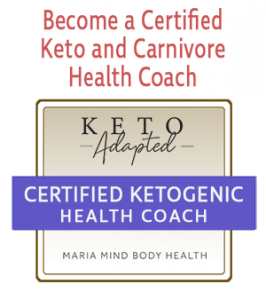

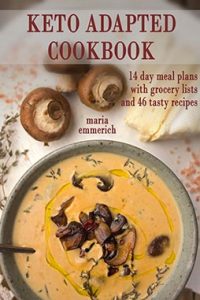

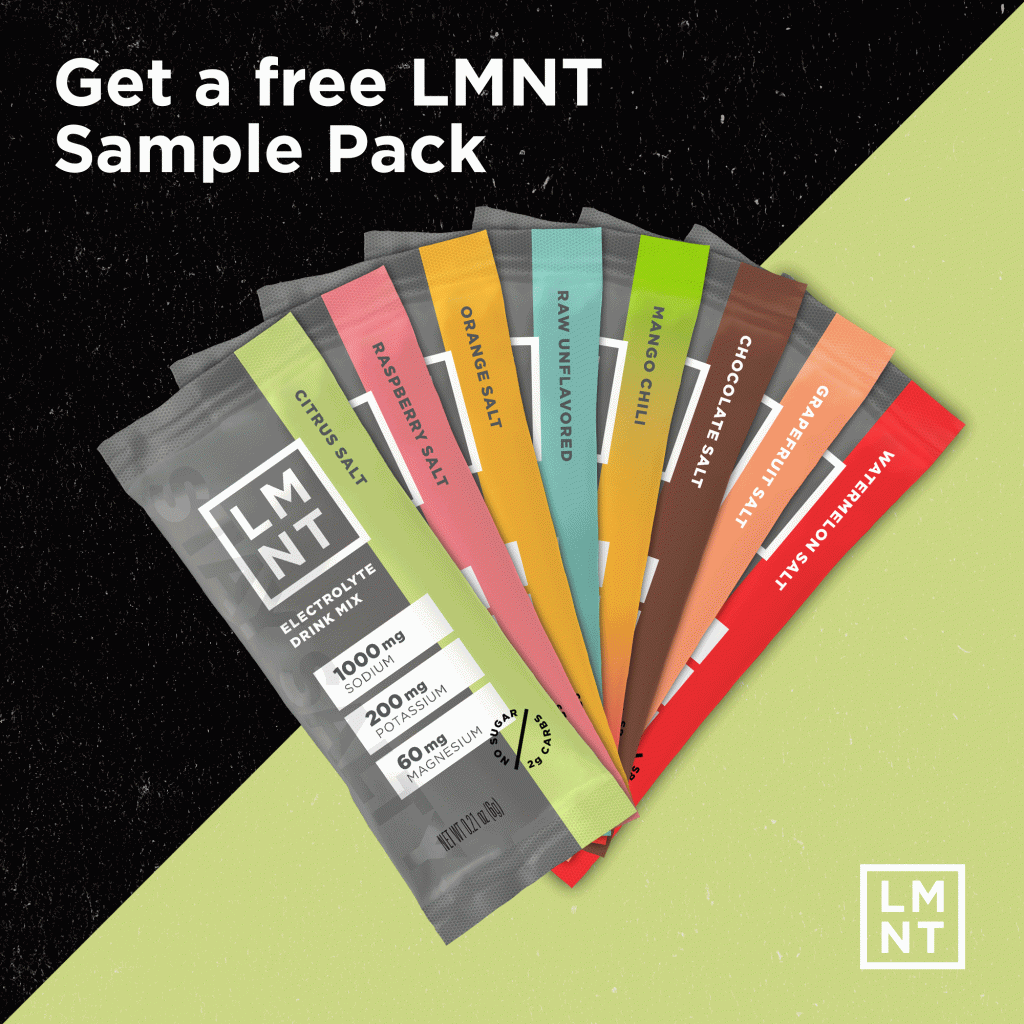


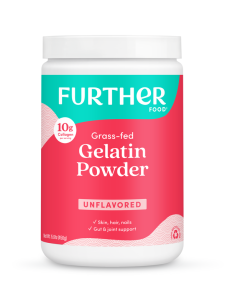



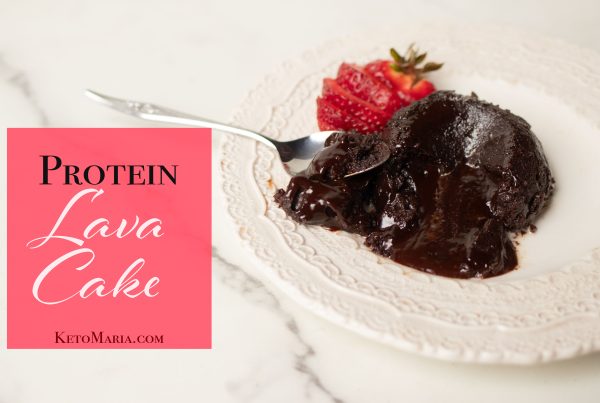
Can u tell me how many carbs in a cup of Teecino? Thank you!
That product is about 4g carbs per tablespoons so pretty high in carbs.
Hi Maria, I have a question and was not sure where to post so sorry it is not related to the cappuccino recipe-although it looks delicious!
I am so confused about the whole calories, fasting, RMR debate! Can you help me to understand? Dr Jason Fung recommends fasting and he among several others, say counting calories is useless and that lowering your calories causes a slow down in RMR. He recommends fasting instead and says that weightloss is primarily an issue of insulin resistance. But when you fast, don’t you end up eating fewer calories? So why would this not cause a slow down in metabolism-is it because fasting tends to increase RMR or is it because on non fasting days one is consuming a higher number of calories and therefore they are “stoking” their metabolism? I do understand that as one loses weight a certain amount of lowering of the RMR is unavoidable. I also understand that preserving lean muscle through Keto and strength training is key. I am just still confused that some people say counting calories is useless and others say they still matter.
What is your take on RMR? Will lowering our calories cause a slow down in metabolic rate?is Keto somehow protective in this regard? I am very confused!
Thanks for any clarity you can provide!!!
That isn’t totally correct. We have tons of great success with a ketogenic lifestyle with our clients in the 1000-1200 calorie a day range. The body just uses more bodyfat for fuel which is what you want. 🙂
Hi Maria,
I have severe adrenal fatigue, and am addicted to caffeine. This summer I went one month without coffee, but I still had my 50-60g of dark chocolate per day (I have a serious addiction). One day I was on the run and didn´t eat any, and had the worst headache of my life. Which got me thinking that dark chocolate/cacao is a pretty strong stimulant for someone with adrenal issue – am I right? I can´t seem to kick my unhealthy chocolate-habits. I don´t know why I crave it so much, cause to be honest – both coffee and dark chocolate isn´t really that tasty to me.. Any advice? 🙂
Yes, that could have been the trigger. Make sure to add magnesium glycinate to help with headaches.
http://amzn.to/2zRwB63